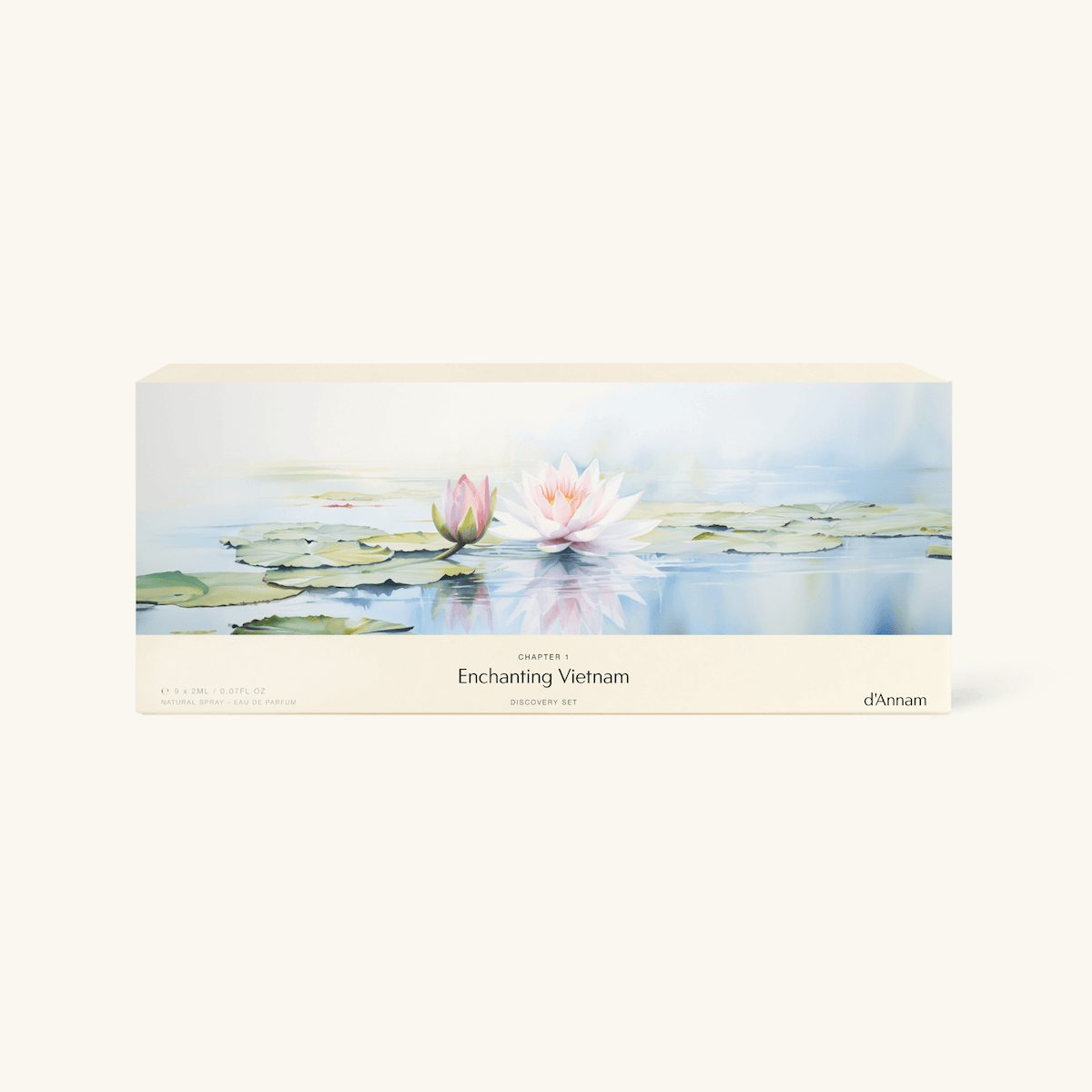Perfume has long been an essential part of our daily lives, enhancing our presence and leaving a lingering memory with those we encounter. Whether it's a signature scent or a seasonal fragrance, we all want our perfumes to last as long as possible. But have you ever wondered how long a bottle of perfume can truly last? Join us as we delve into the secrets of perfume longevity and discover the factors that influence its lifespan.
1. The Science Behind Perfume
Before we dive into the longevity of perfumes, let's first understand the science behind this beloved creation. Perfume is a carefully crafted blend of various aromatic compounds, including essential oils, fixatives, and solvents. These ingredients work together to create a unique scent profile that unfolds and evolves over time. The concentration of these compounds, known as the fragrance concentration, plays a crucial role in determining how long a perfume will last on your skin.
2. Understanding Fragrance Concentration Levels
Perfumes are available in different formulations, each with varying fragrance concentration levels. The higher the concentration, the longer the perfume will typically last. Here are the most common fragrance concentration levels you’ll find:
- Parfum (Perfume): This is the most concentrated form of fragrance, containing 15% to 40% aromatic compounds. With its high concentration, a parfum can last up to 12 hours or more on the skin. Due to its potency, only a small amount is needed to create a lasting scent.
- Eau de Parfum (EDP): EDP contains a lower concentration of aromatic compounds, usually ranging between 10% and 20%. As a result, EDP can last up to 8 hours, making it an ideal choice for those seeking a long-lasting scent without the intensity of a parfum.
- Eau de Toilette (EDT): EDT is a lighter formulation, typically containing 5% to 15% fragrance concentration. It generally lasts between 4 to 6 hours and is a popular choice for everyday wear, as it strikes a balance between longevity and subtlety.
- Eau de Cologne (EDC): EDC has the lowest fragrance concentration, ranging from 2% to 5%. Due to its lightness, it typically lasts for around 2 to 3 hours. This formulation is often preferred for its refreshing and invigorating qualities.
3. Factors Affecting Perfume Longevity
While fragrance concentration plays a significant role, several external factors can influence how long your perfume will last. Here are some key considerations to keep in mind:
- Skin Type: Your skin type can impact the longevity of a perfume. Oily skin tends to hold fragrance better, as the natural oils help to retain the scent for a longer period. On the other hand, dry skin may cause the scent to dissipate more quickly.
- Application Technique: How you apply your perfume can make a difference in how long it lasts. It is recommended to spritz perfume on pulse points, such as the wrists, neck, and behind the ears. These areas generate more heat, which helps to release the fragrance gradually.
- Environmental Factors: Environmental conditions, such as temperature, humidity, and air circulation, can affect the lifespan of perfume. Warm and humid environments tend to accelerate the evaporation of fragrance molecules, resulting in a shorter longevity. Conversely, cooler temperatures can help perfume last longer.
- Fragrance Family: The fragrance family of a perfume can also influence its longevity. For instance, citrusy and fresh scents tend to be more volatile and may require reapplication throughout the day. In contrast, woody or oriental fragrances, which contain deeper base notes, often have a longer lifespan on the skin.
4. Storage and Care Tips
Proper storage and care of your perfume can greatly extend its lifespan. Here are some tips to ensure your perfume stays fresh for longer:
- Keep it Cool: Heat can degrade the fragrance molecules, leading to a shorter shelf life for your perfume. Store your perfume in a cool, dry place, away from direct sunlight and extreme temperature changes.
- Seal it Tight: Air exposure can alter the chemical composition of perfume, causing it to lose its original scent. Always ensure the cap is tightly closed after use to prevent unnecessary oxidization and evaporation.
- Avoid Moisture: Perfumes are sensitive to moisture, which can break down the aroma compounds. Keep your perfume away from damp areas like bathrooms and avoid contact with water.
- Consider the Bottle: Choose perfume bottles that are opaque or have dark-colored glass to block out light. This helps to preserve the integrity of the fragrance for a longer period.
5. The Shelf Life of Perfumes
While perfumes can last for several years if properly stored, it's important to note that they do have a shelf life. Over time, the aromatic compounds in a perfume can weaken or change, altering the scent profile. Here's a general guideline for the shelf life of different fragrance concentrations:
- Parfum (Perfume): 8 to 10 years
- Eau de Parfum (EDP): 5 to 7 years
- Eau de Toilette (EDT): 3 to 5 years
- Eau de Cologne (EDC): 2 to 4 years
It's worth mentioning that these estimations can vary depending on the quality of ingredients, storage conditions, and individual brands.
In conclusion, the longevity of a perfume is influenced by several factors, including the fragrance concentration, your skin type, environmental conditions, and how you store and care for it. By understanding these secrets, you can maximize the lifespan of your beloved scents and continue to enjoy their aromatic journey.
We hope this guide has provided you with valuable insights into the captivating world of perfume longevity. Remember, a well-preserved perfume not only delights the senses but also creates lasting impressions. So go ahead, unlock the secrets, and enjoy the enduring beauty of your favorite fragrances!











